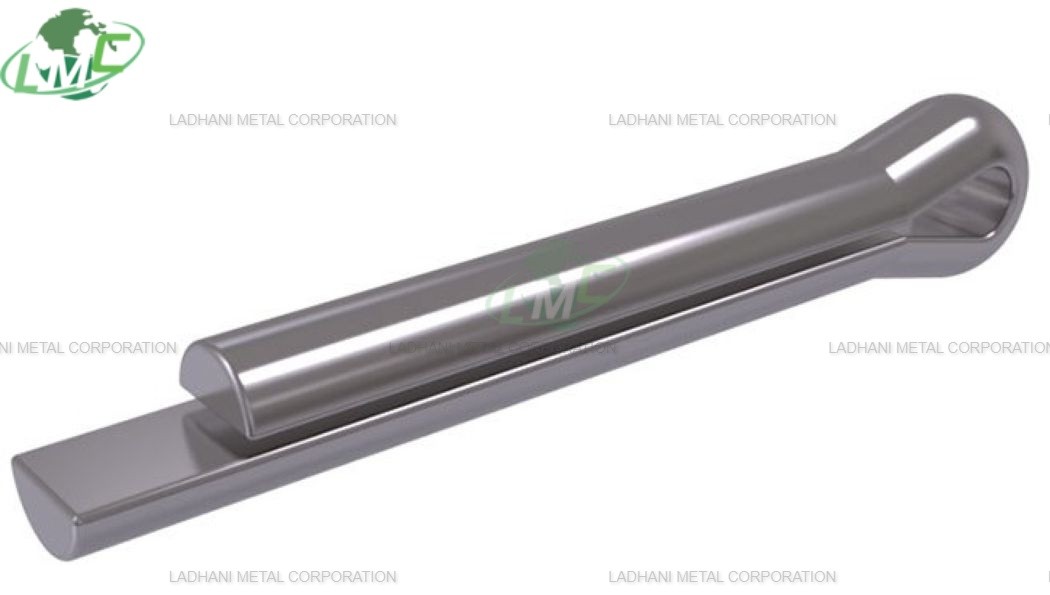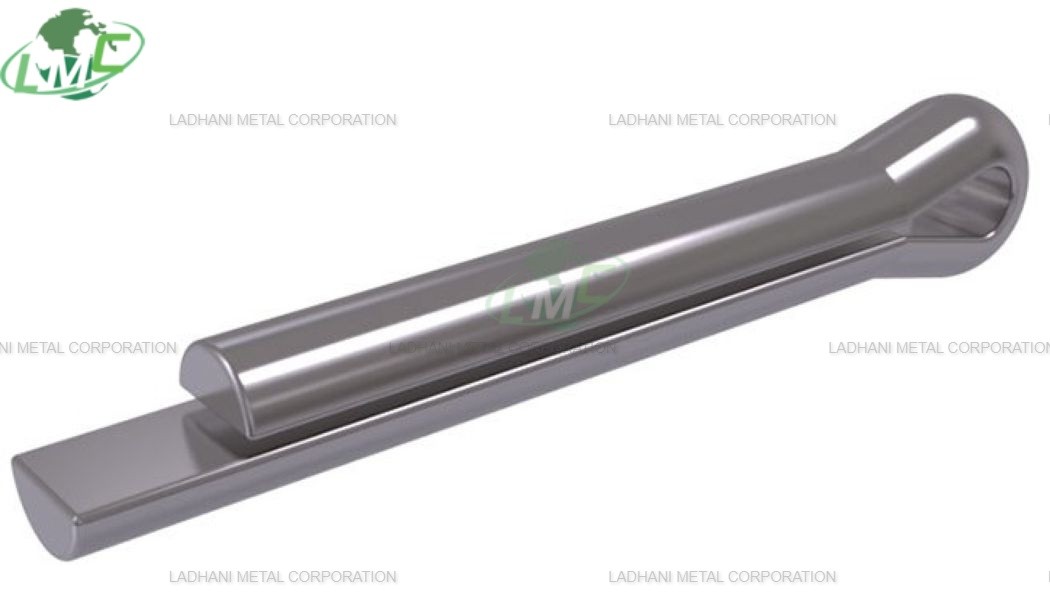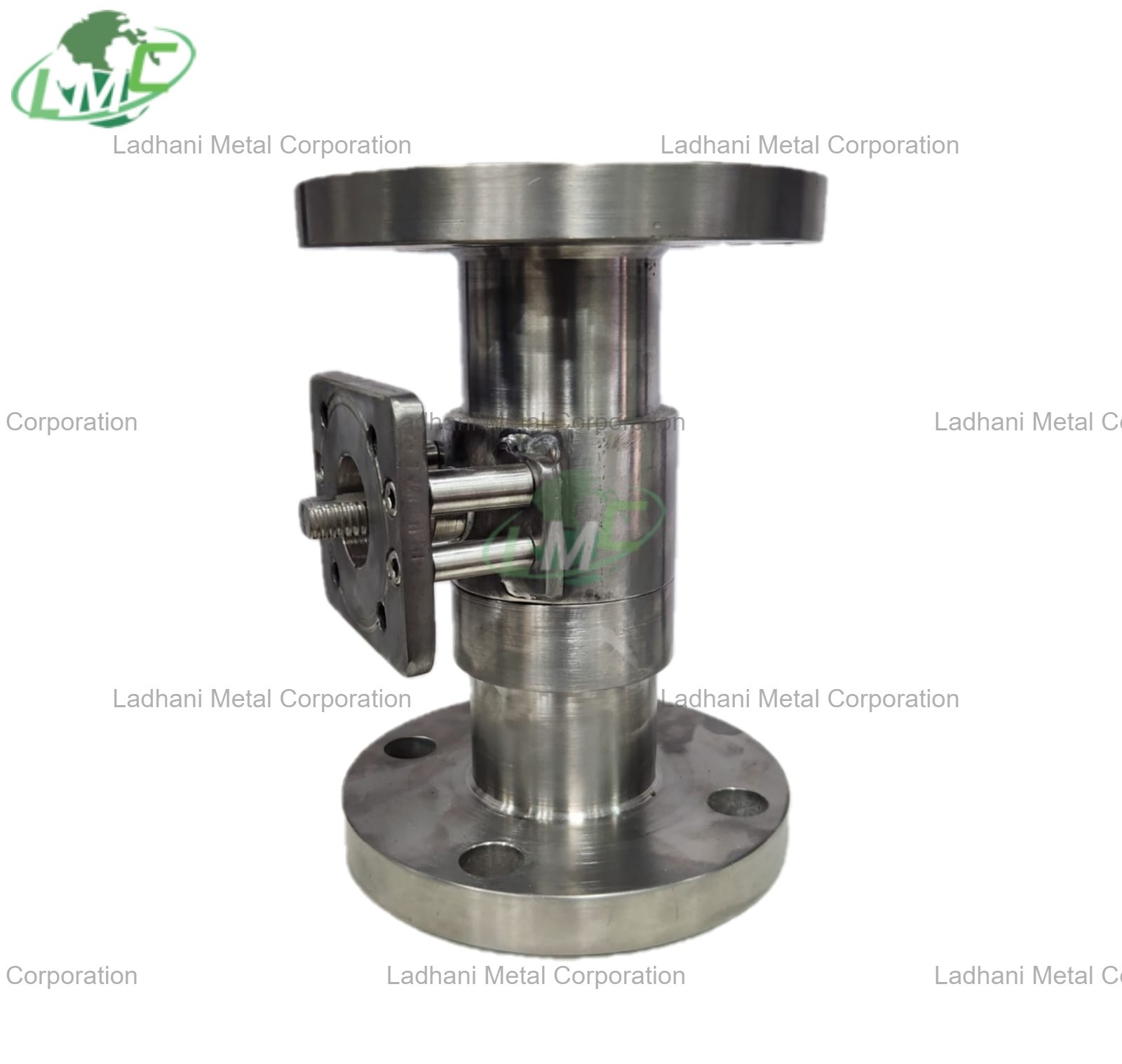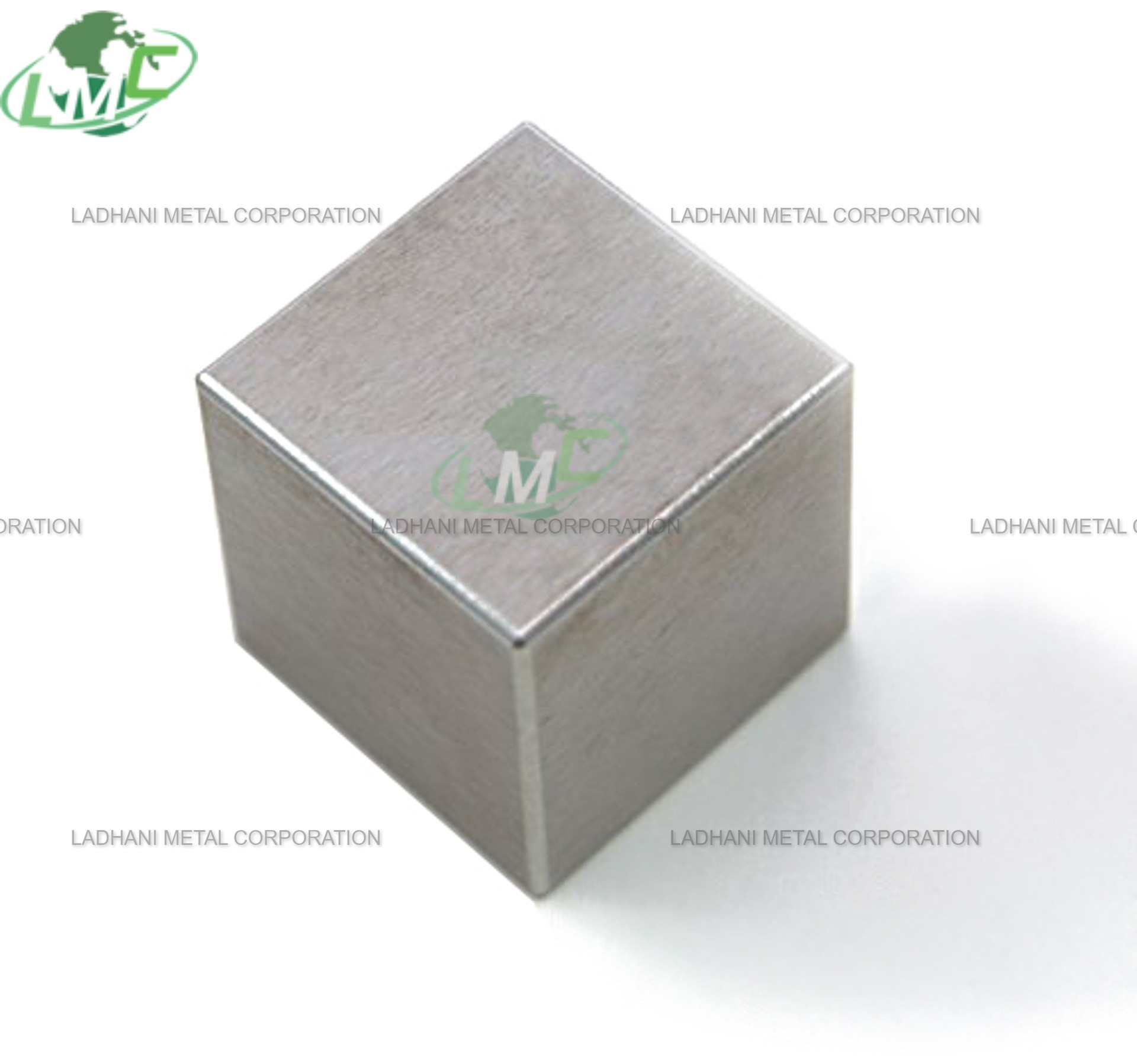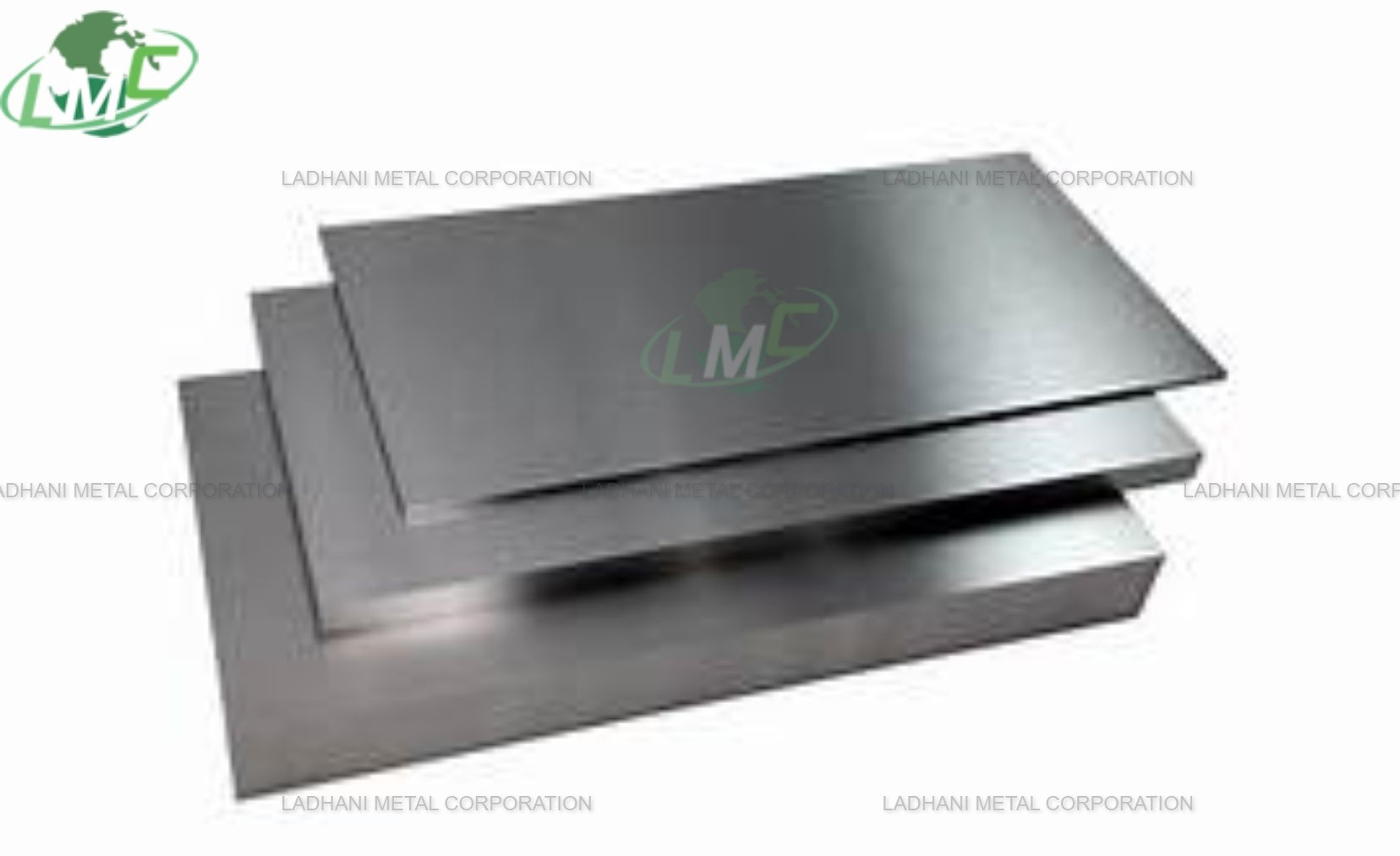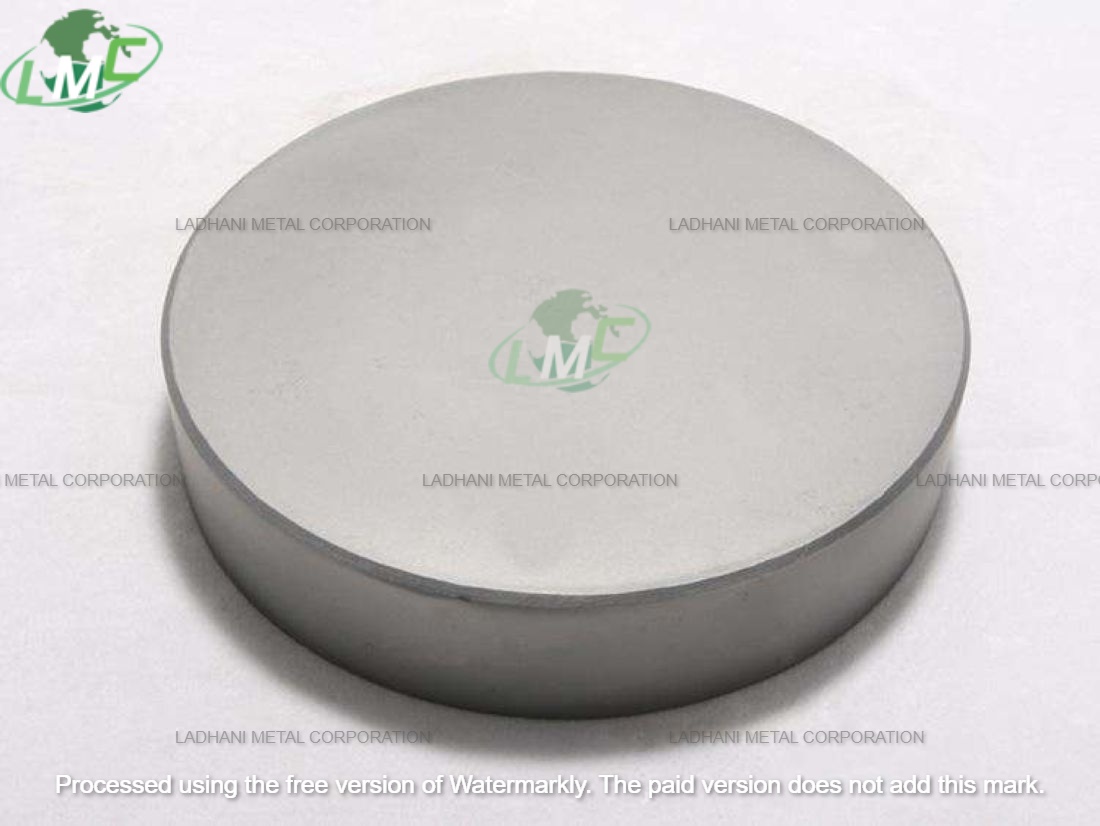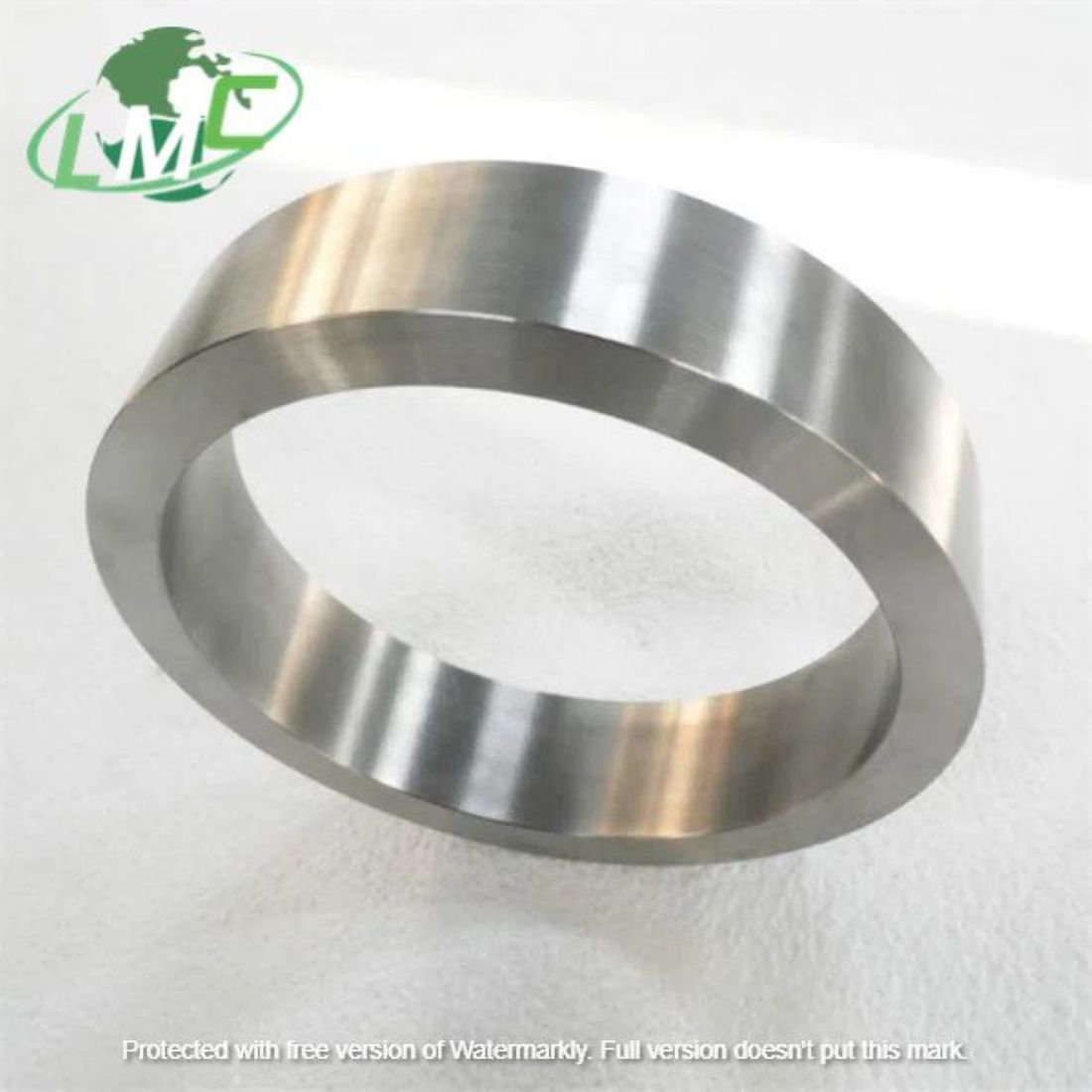Ladhani Metal Corporation manufactures high-quality Copper Alloy Cotter Pins in compliance with the ISO 1234 standard, ensuring optimal performance and durability in a wide range of applications. These Cotter pins are precision-engineered to meet the demanding needs of industries such as automotive, aerospace, marine, and heavy machinery, providing a secure fastening solution for components that require a reliable, vibration-resistant fastener. Key Features: Material: Made from premium copper alloy, these Cotter pins offer excellent corrosion resistance, particularly in environments where moisture, salt, or other corrosive elements are prevalent. The copper alloy used ensures enhanced durability and longevity, making them ideal for harsh conditions. ISO 1234 Standard Compliance: Ladhani Metal Corporation's copper alloy Cotter pins are manufactured according to the strict requirements of ISO 1234, which defines the material properties, dimensions, and performance criteria for Cotter pins. This guarantees that the pins meet international standards for quality and functionality. Dimensions and Tolerances: The Cotter pins are available in various sizes, with a precise tolerance for diameter and length, ensuring a secure and exact fit into corresponding holes. These pins are carefully crafted to ensure smooth insertion and effective locking, even under high-pressure or dynamic conditions. Cotter Design: Featuring a unique Cotter design, the pin consists of two prongs that can be bent outward once inserted through a hole, forming a secure, mechanical lock. This prevents any movement or loosening, even in high-vibration environments, making them an essential component for assemblies where stability is crucial. Corrosion Resistance: Copper alloys are renowned for their natural resistance to corrosion, especially in marine, aerospace, and chemical processing environments. These Cotter pins remain reliable and effective over time, even in the harshest conditions, helping to reduce maintenance needs and downtime. Strength and Durability: The copper alloy provides exceptional strength, ensuring the Cotter pins perform well under mechanical stress without bending or breaking. The pins offer resistance to fatigue and wear, maintaining their locking integrity throughout the life cycle of the assembly. Applications: Copper alloy Cotter pins from Ladhani Metal Corporation are used in a variety of industries: Automotive: Securely fastening components like axles, wheels, and shafts. Aerospace: For locking parts and components in aircraft systems where strength and lightweight properties are essential. Marine: Resistant to saltwater corrosion, these pins are ideal for use in marine equipment and vessels. Heavy Machinery and Engineering: Used in construction and industrial machinery to hold components in place under high load and vibration. Quality Assurance: Ladhani Metal Corporation places a strong emphasis on quality control. Each batch of copper alloy Cotter pins undergoes rigorous testing for dimensional accuracy, tensile strength, corrosion resistance, and overall performance to ensure they meet the ISO 1234 standards. This commitment to quality ensures that customers receive a dependable and long-lasting product for their fastening needs. Conclusion: Ladhani Metal Corporation's ISO 1234 Copper Alloy Cotter Pins offer a premium fastening solution for a variety of applications that demand high strength, corrosion resistance, and reliability. With adherence to international standards, these Cotter pins provide secure, long-lasting performance in even the most challenging environments, making them a trusted choice for industries worldwide.

